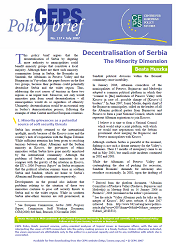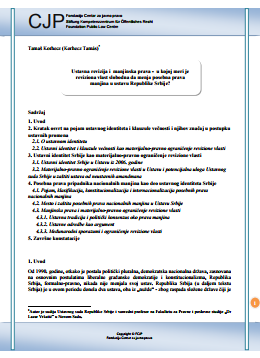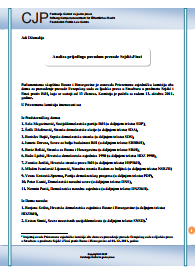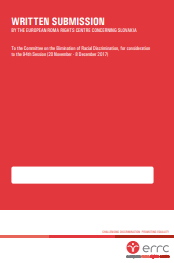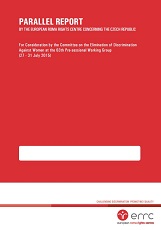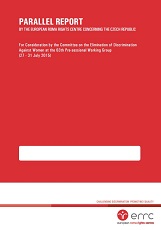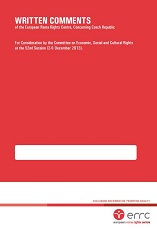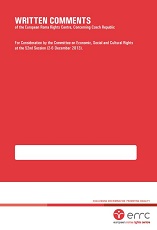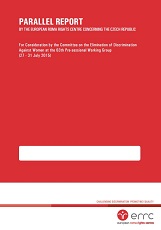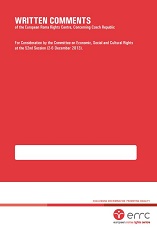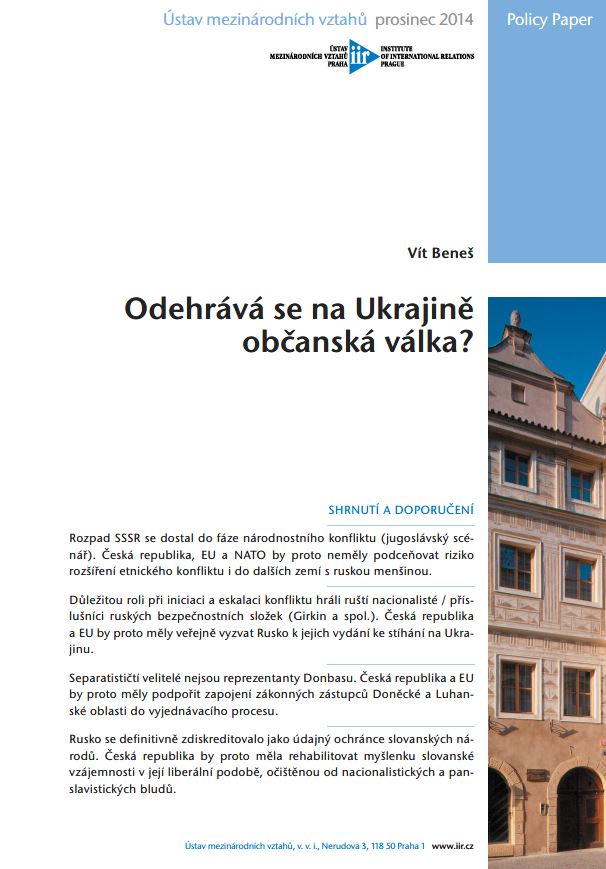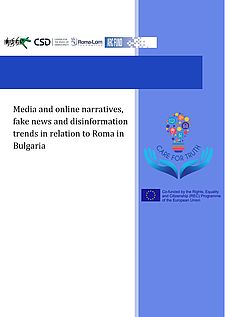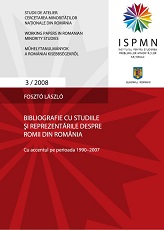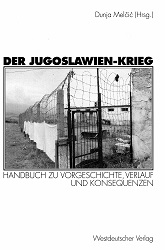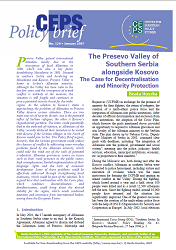
№120. The Presevo Valley of Southern Serbia alongside Kosovo. The Case for Decentralisation and Minority Protection
Presevo Valley gained international attention mostly due to the insurgency of local Albanians in 2000, which was also a key factor destabilising Macedonia in 2001. Situated in southern Serbia and bordering on Macedonia and Kosovo, Presevo Valley is home to Serbia’s Albanian minority. Although the Valley has been calm in the last few years and the resurgence of armed conflict is unlikely at the moment, the situation is still fragile and continues to pose a potential security threat for the wider region. As the solution to Kosovo’s status is approaching, the problems of Albanians in Presevo Valley deserve serious attention. There are two main sources of security threats: one is the potential influx of Serbian refugees, the other is Kosovo’s (hypothetical) partition. The latter could potentially lead to the outbreak of violence, as Albanians of the Valley recently declared their intention to be united with Kosovo if the Serbian villages in the North of Kosovo would join Serbia. This Policy Brief argues, however, that the Serbian government could reduce the chances of conflict by addressing some everyday problems faced by the Albanian minority, which could take the wind out of the sails of potential irredentists. Albanian grievances centre on issues such as their weak presence in the public sector, high unemployment, limited implementation of their language rights and the lack of economic development. Some of these problems could be effectively addressed through strengthening local autonomy, which could be part of the solution. It is argued here that continuation with the Covic plan, which combines decentralisation and demilitarisation, could bring about the desired stability for the region, which needs continued attention and assistance from international bodies, among them the European Union.
More...
